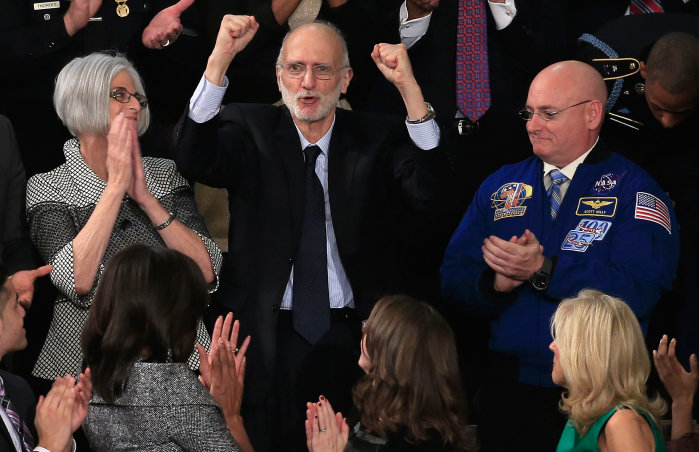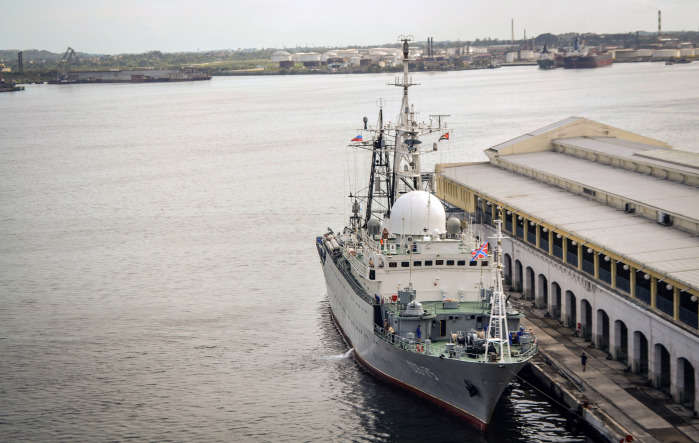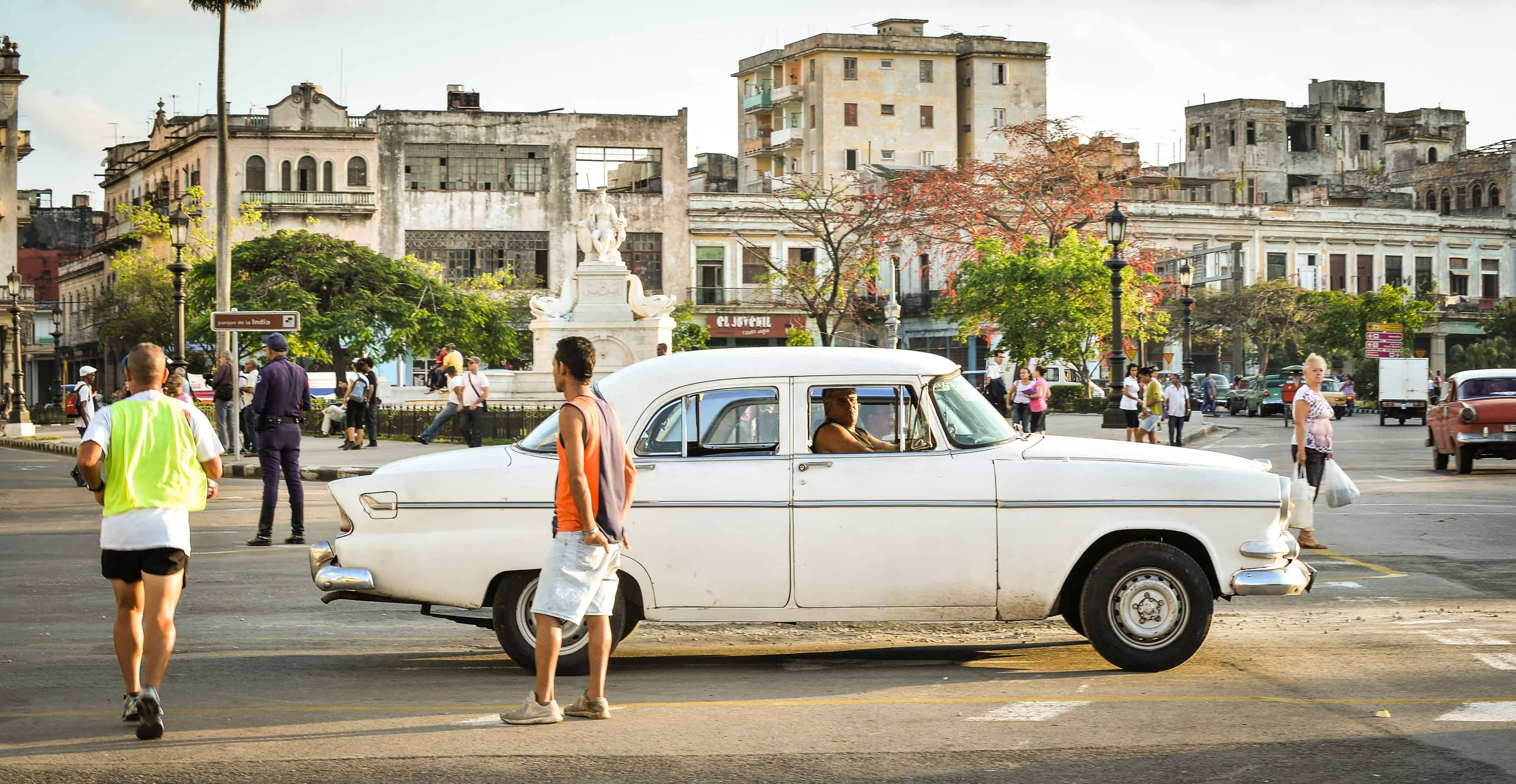Recommended: What the new U.S.-Cuba travel rules mean for US citizens hoping to visit Cuba
HAVANA, Cuba – U.S. and Cuban officials launched historic talks to shed their Cold War-era hostility Wednesday, complimenting each other on the first day’s progress despite persistent differences over migration policy.
Each side described the first of two days of talks as productive and constructive even though they remained deeply at odds over the exodus of Cubans to the United States.
The meetings in Havana follow the historic decision by U.S. President Barack Obama and Cuban leader Raúl Castro in December to seek normal ties.
Roberta Jacobson, the U.S. assistant secretary of state for Western Hemisphere affairs, landed in Havana around midday to participate in Thursday’s talks on reopening embassies and returning ambassadors for the first time since 1961.
She is the highest-ranking U.S. official to set foot in Cuba since 1980.
Her deputy, Alex Lee, represented the U.S. side on the first day in Havana’s Convention Center, sitting across from the head of the Cuban Foreign Ministry’s U.S. Affairs Department, Josefina Vidal.
“The productive and collaborative nature of today’s discussion proves that despite the clear differences that remain between our countries, the United States and Cuba can find opportunities to advance our mutually shared interests,” Lee said after the talks.
For her part, Vidal said: “Cuba aspires to have a normal relationship with the United States, in the broader sense but also in the area of migration.”
But Vidal criticized U.S. migration policies that she said encourage a brain drain, saying that they “don’t correspond with the current bilateral context of relations between Cuba and the United States.”
On the eve of the talks, Obama urged the Congress to end the decades-long embargo against Cuba, which the Castro regime has blamed for the country’s economic woes.
“In Cuba, we are ending a policy that was long past its expiration date,” Obama said in his annual State of the Union speech late Tuesday. “When what you have done doesn’t work for fifty years. It’s time to try something new.”
A Cuban Foreign Ministry official sought to downplay expectations of major breakthroughs this week.
“We can’t expect that everything will be resolved in one meeting,” the official said, according to state media, adding that normalizing ties was “a much longer and complex process.”

Migration, embassy negotiations
The migration talks tackled an issue that has vexed both nations for years, with Cubans regularly hopping on rickety boats to reach Florida, 145 kilometers (90 miles) away.
U.S. policies gives Cubans who set foot in the United States quick access to permanent residency while those caught at sea are deported back to their island.
The United States has seen a surge of Cuban migrants who apparently fear that the U.S.-Cuba negotiations will end the policy. The number of sea intercepts doubled in December compared to the previous year. But Lee said the Obama administration was “completely committed” to upholding the current rules.
For Thursday’s embassy talks, the U.S. side wants Cuba to reaccredit its diplomats, lift travel restrictions for them within the island, ease shipments to the U.S. mission and lift a cap on personnel. Both nations currently have “interests sections” in each other’s capitals.
In a throwback to Cold War days, a Russian spy ship docked in Havana on the eve of the talks.

Cubans hopeful
Ordinary Cubans hope the rapprochement will improve their lives in a country where supermarket shelves often lack basic goods and people make $20 a month on average.
“Things could change for the better, giving us a little more than what we normally have in the material and spiritual sense,” said Dayron Herrera, 27, an artist who was drawing Old Havana while sitting on a street near the capital’s Cathedral.
The island’s dissident community has had a mixed reaction, thanking Obama for his attempt to improve their country while voicing concern that too much was conceded to the Castro regime without getting much in return.
In Washington, some U.S. lawmakers have criticized Obama’s decision, with Republican Sen. Marco Rubio, a Cuban-American, saying it was “enriching a tyrant and his regime.”
The two countries have already taken steps to thaw their once glacial relations.
The Cuban government completed this month the release of 53 political prisoners demanded by Washington.
Days later, the U.S. Treasury Department eased travel and trade restrictions, though the U.S. Congress has final word on lifting the embargo, which prevents U.S. tourism.






